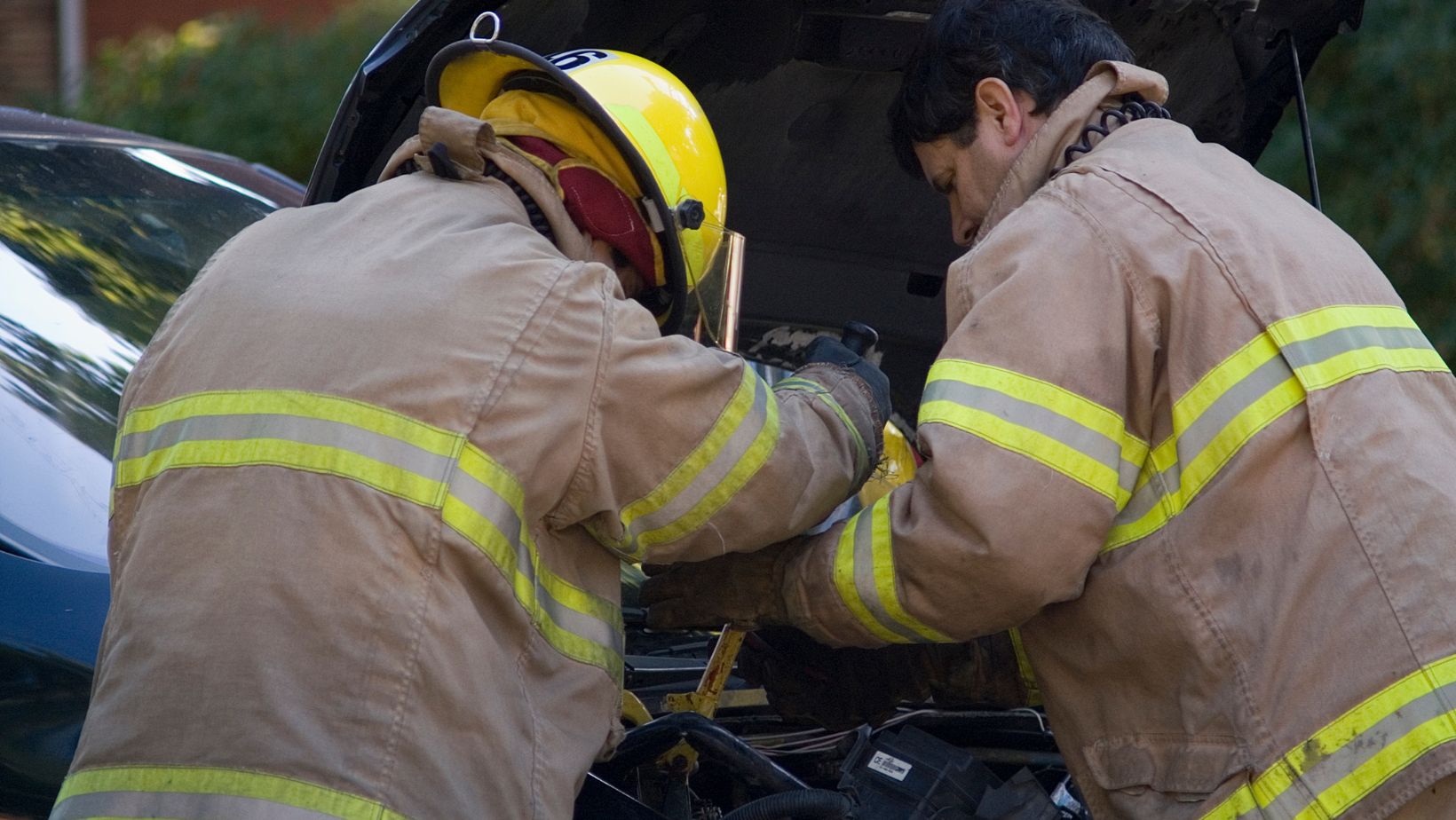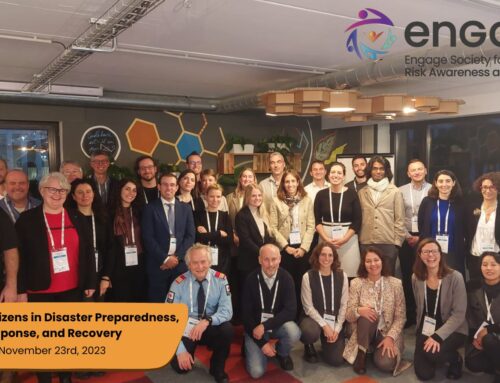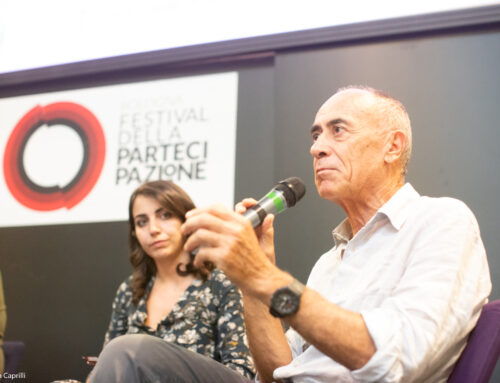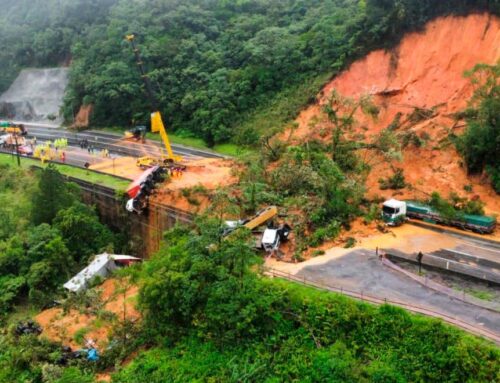On December 5th, 2022, the ENGAGE consortium hosted a webinar with members of our Knowledge and Innovation Community of Practice (Ki-CoP) to discuss insights from our case studies, the model of societal resilience that the project is developing, and updates on our Knowledge Platform and Catalogue of Solutions. In total there were around 40 participants, which included members of the ENGAGE consortium, Ki-CoP members, and consortium members of ENGAGE’s sister projects.
After our coordinator, Matthieu Branlat (SINTEF), provided an overview of ENGAGE for our new Ki-CoP members, Jan Woerlein (École Normale Supérieure) took the floor to share the results of our case studies, which involved analyzing the roles that spontaneous volunteers had when responding to a particular disaster. The terror attack on Utøya island in Norway was one case study that was presented, with Jan providing some details in regard to the factors which motivated individuals to initiate rescue operations. He noted that, in addition to low social inequality and a generalized sense of trust being mentioned as motivating factors, the concept of reciprocity was also mentioned- e.g “It could have just as easily have been me who needed help”. If you are interested in learning more about ENGAGE’s case study of Utøya island, you can take a look at this blog post.
So, what lessons can be learned from synthesizing the findings of ENGAGE’s seven case studies?
To put it simply, the roles of spontaneous volunteers in the event of a disaster are effective. They focus independently on specific tasks in order to respond to a critical event, which address specific needs (i.e providing psychological first aid for victims of the Utøya attack or organizing evacuations during the 2011 Tohoku Tsunami). However, the coping networks that are formed in order to carry out these specific tasks do not necessarily correspond to the functional division of labor that is normally found within disaster management, although the coping actions co-existed and, in some cases, interacted with formal disaster management.
Building on this discussion, the participants of the webinar were given the opportunity to ask any questions they may have, and if the case study findings corresponded with their individual experiences. This prompted an insightful discussion on the terminology that is used to describe “spontaneous” volunteers and the actions involved in their response. For example, questions were raised in regard to what criteria is being used to define volunteers as being “spontaneous”, and whether the research community should find a more fitting term than “spontaneous volunteers” who themselves may not like to be categorized as such. This led to the input of ENGAGE to this discussion, which was that volunteers are being seen as existing on a continuum- i.e individuals who do consider themselves to be volunteers as well as those who do not- and that currently there is a lack of a better term that can communicate and speak to the diversity of individuals that are involved in responding to a crisis.
After this discussion, Jan continued by providing an overview of the model of societal resilience that ENGAGE has developed, and Jannicke Fiskvik (SINTEF) provided updates on our Knowledge Platform. To recap, the Catalogue of Solutions features strategies, tools, and technologies to enhance the collaborations between citizens, first responders, and public authorities that can serve as an inspiration and be modified to fit different needs within different contexts or for different organizations. In the coming year, the knowledge featured on the Knowledge Platform will be extended, and further in-depth characterization of the solutions will be carried out. Overall, it was a very successful webinar which revealed many interesting points and opportunities for discussion and collaboration with Ki-CoP members as well as with ENGAGE’s sister projects.
The coming year will be a big one for ENGAGE, as we will carry out four exercises, produce two policy briefs and a white paper, and will continue to grow our Knowledge Platform. If you would like to receive invitations to attend events like this webinar, to stay updated on the work of ENGAGE, and contribute to the discussion regarding our results, you can join our Ki-CoP! You will find more information by taking a look at this webpage.
Written by: Alexandra Olson (EENA)





